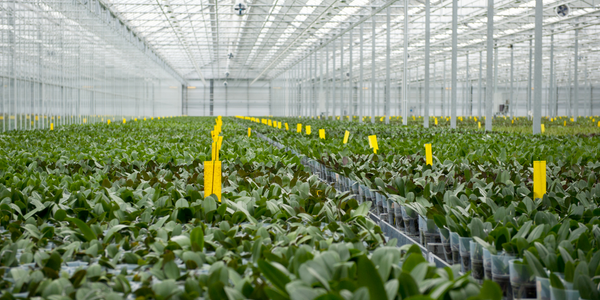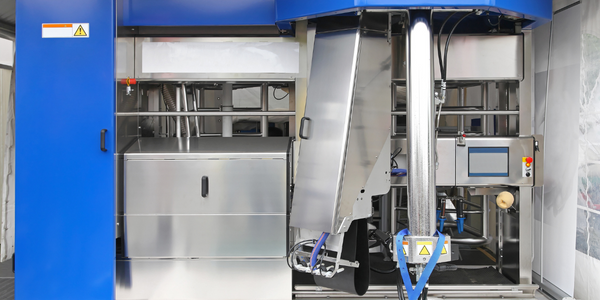- Agriculture
- Paper & Pulp
- Procurement
- Farm Monitoring & Precision Farming
- Time Sensitive Networking
GHB Farms is a family-owned and run farm that has been in operation since 1955. They have a long-standing relationship with Eskort, South Africa’s leading bacon and sausage products brand, to whom they have been supplying for almost 70 years. The farm prides itself on its responsible, sustainable farming practices and continuously implements new and innovative technologies to support the highest standards of practice. They have six farms and a small team of 1-10 employees. Despite their small size, they have structured processes for various administrative and financial activities, which were previously carried out over paper.
GHB Farms, a family-owned and run farm since 1955, faced significant challenges due to their paper-based processes. Despite having structured processes, they were carried out over large volumes of paper, making them hard to track. The approval process was manual and paper-based, requiring approving authorities to be physically present at the farms to approve requests. This led to a significant amount of extra time and effort being put in by the approving authorities to keep the process running. The paper-based system also led to delays in processes such as purchase orders, overtime approvals, and loan approvals, which would get stuck if the approving authority wasn’t around. The farm was in need of a solution that could streamline and automate their processes, reducing the time and effort required and eliminating the need for physical presence for approvals.
GHB Farms found their solution in Kissflow, a simple workflow tool that they chose after trialing it. Kissflow made it simple to automate workflow processes and provided the ability to access from anywhere. This allowed GHB Farms to automate almost all of their processes, including purchase orders, overtime approvals, loan approvals, and many others pertinent to the needs of the employees and the organization. The automation of these processes eliminated the need for paper, making the processes more efficient and less time-consuming. The ability to access the system from anywhere meant that approvals could be given at any time, eliminating the need for the approving authority to be physically present at the farms. This significantly reduced the time and effort required to keep the processes running and eliminated the delays caused by the previous paper-based system.

Case Study missing?
Start adding your own!
Register with your work email and create a new case study profile for your business.
Related Case Studies.









